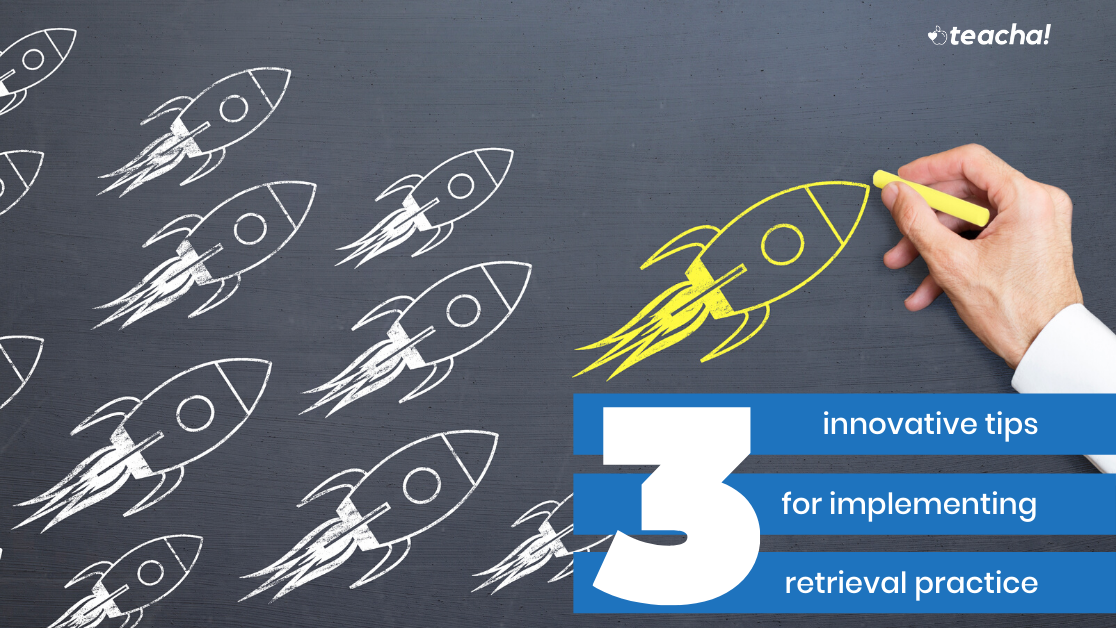– by Dr Nicolas Matthee
Introduction
We are all aware that in order for us to remember something there is a biological process that takes place. We might not always know the medical or scientific terms to describe this process, but we know that there is no magic involved in our ability to remember things. Being able to remember something or recall information from our long-term memory means that we know that information. Knowing information means that it has been committed to our long-term memory and that the neural pathways linking that information have been strengthened sufficiently so that it can be recalled at will. This is a very simple approach to understanding how we remember and know something, but it reflects the essentials of the process. For a seemingly simple process, the importance of active recall or retrieval practice cannot be understated in a student’s learning journey and is fundamental to successful and long-lasting learning.
Retrieval practice for your classroom
It is important for students to recall information from their long-term memories and not only recognise information when they see it, as this can contribute to a false sense of learning. With a false sense of their learning and what they know, exams and tests can be demoralising and this disillusionment can lead to increased anxiety for future exams and tests. This is empirically observable when students perform very well on multiple-choice tests where they receive external cues to help them access information in their long-term memories. When these cues are removed and they have to recall the information by themselves we often see that they cannot access the knowledge as the neural pathways are not sufficiently strengthened.
Poojka Agarwal, an assistant professor at Berklee, wrote a new book titled “Powerful Teaching: Unleash the Science of Learning” where she provides three innovative tips for implementing retrieval practice in your classroom:
- Bell work or exit tickets – as Agarwal suggests, educators can provide students with small slips of paper either as they enter the classroom (bell work) or as they exit (exit ticket). These slips include a few questions that students should answer regarding either previous work or work they have just concluded. In this way, students are required to actively recall some of their study material instead of relying on external cues, therefore strengthening their neural pathways leading to that information.
- Coloured index cards – students have a set of coloured index cards that they always keep at the ready for impromptu retrieval opportunities. At any time during the lesson, the educator can ask a question regarding the material and students should close their eyes and raise the appropriate card to indicate their answer. Not only does this help students recall information to see whether or not they know the work, but educators are also provided with some formative insights into their class;
- Homemade whiteboard or small whiteboards – very similar to the idea above, students are equipped with a small whiteboard and a marker. The educator can ask questions during the lesson for which students write the answer down and lift their whiteboards. In this way, the same goals are achieved as in example 2.
Conclusion
Retrieval practice and the active recall of information is a fantastic and effective teaching strategy that is relatively simple to implement in your classroom. It is beneficial to both students and educators by enabling students to strengthen their neural pathways and better remember their work while educators gather formative insights to help them assess how well their students understand the work. If you would like to learn more about active recall and retrieval strategies for your classroom, consider our Teaching for Brain-based Learning course as an avenue for your professional development on your journey as a brain-changer.




